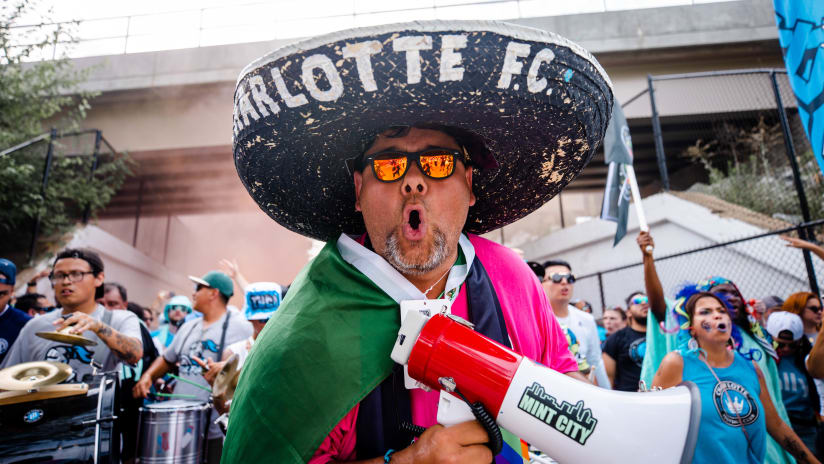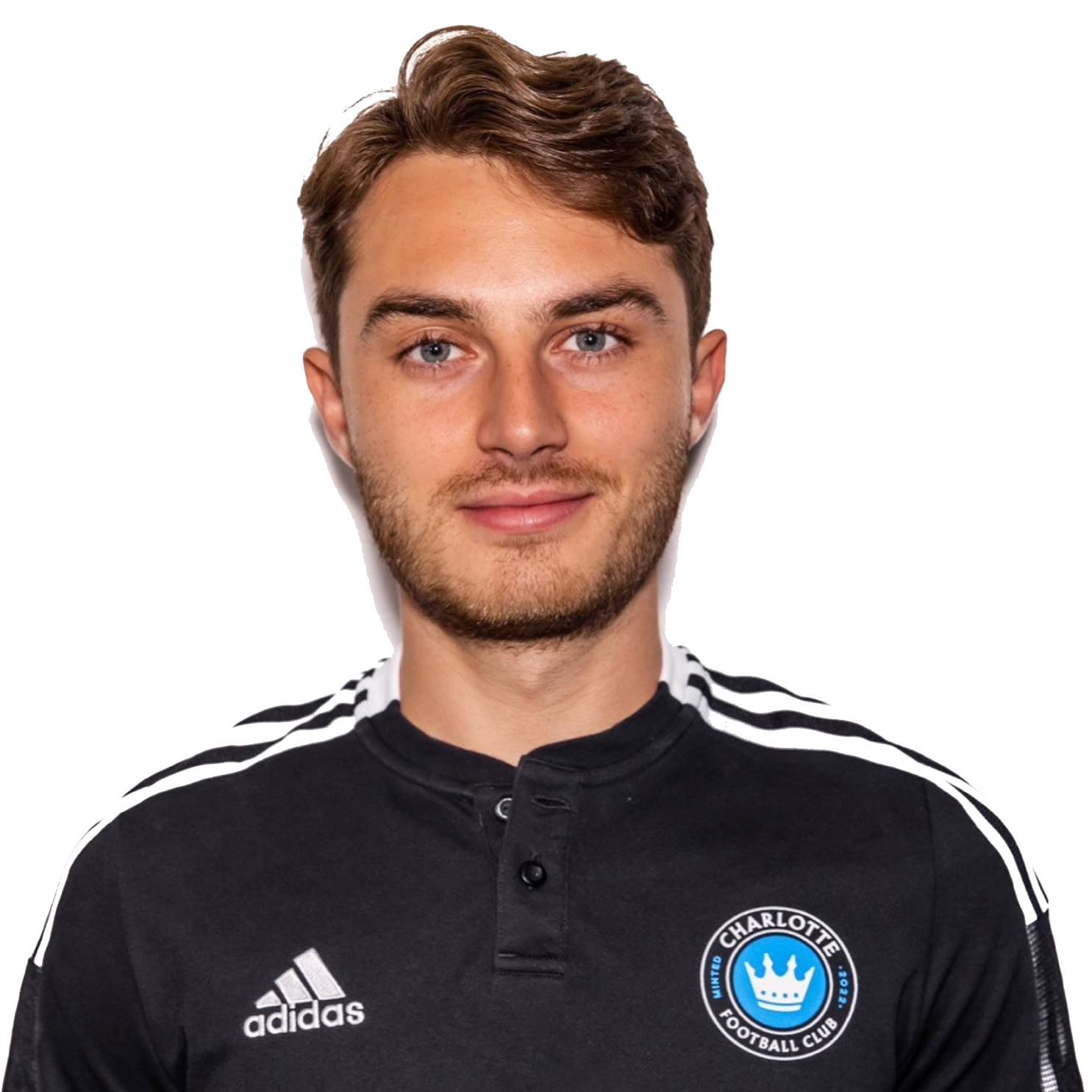There is no doubt that Charlotte is a sports city. Over the years, the Queen City added to its collection of professional sports teams. From hockey to baseball, basketball to American football, the city had something for everyone.... well, almost everyone.
“I didn't think there were other sports in Charlotte that a majority of the Hispanic community could really relate to like soccer,” said David Carrasco, co-founder of the Hispanic-based supporter’s group, Blue Furia. “Soccer was the next thing. People live and breathe this sport.”
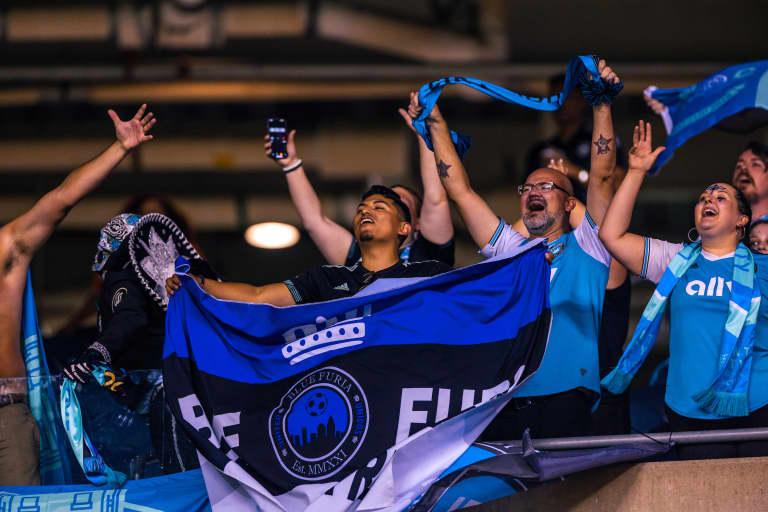
There are 1.2 million Hispanics in the Carolinas. For the vast majority of them, soccer is not just a sport, but rather is a way of life that is impossible to replicate and find anywhere else.
“Fútbol, it's in our blood, it's in our veins. And for Latinos it's something that we play every day, and it's something that we watch every weekend. It's familiar to us,” said Charlotte sports superfan and cult hero Hector ‘Sombrero Man’ Cortes who is originally from Guadalajara, Mexico but has made Charlotte his home.
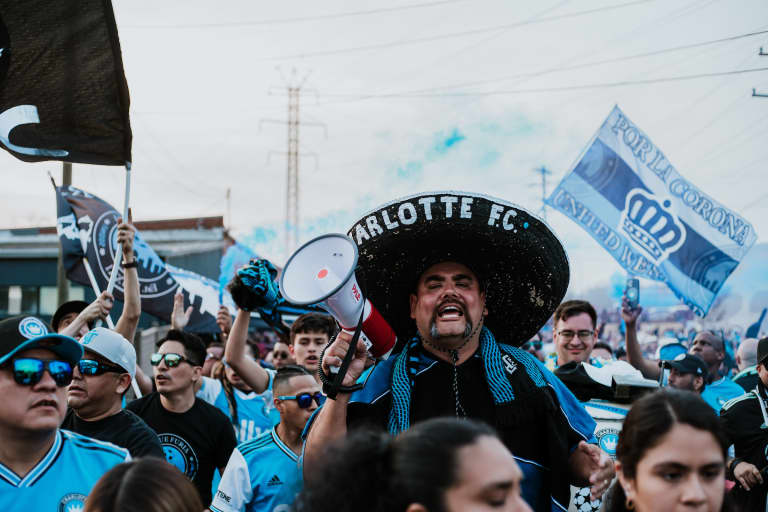
Despite the growing sports scene in Charlotte, there was still a missing link between Charlotte sports and the Hispanic community. Soccer has always been here from the Carolina Lightnin’ of the 80s to the Charlotte Independence of the modern era. However, for one reason or another, that disconnect between local teams and the Hispanic community persisted until Charlotte FC emerged.
“It [Charlotte FC] really has opened a lot of doors for people like me,” said Cortes with a gleaming smile on his face. “To have something like we have in our countries every weekend that we can go watch, it's changing the culture for sure.”
The Hispanic community has come out in full force in support of their MLS club. From the beating of drums to the Spanish chants that have become staples of every matchday, Latinos have instilled the Charlotte FC supporter culture with their unique sabor (flavor).
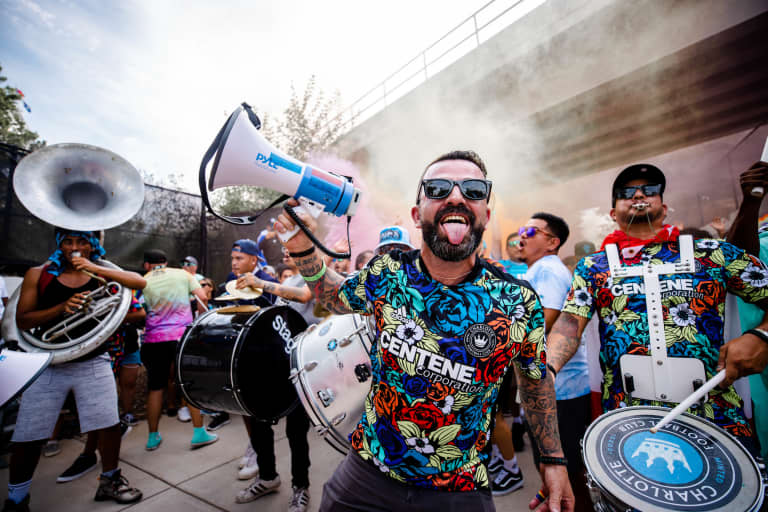
Previously, Charlotte had gotten a taste of Hispanic soccer fandom in the occasional exhibition matches hosted in the city, but the arrival of an MLS team made all the difference in bringing that fandom together on a consistent basis. Having a local top division team provided a bigger platform for the Hispanic community to express and share their love of the game.
“Charlotte FC really gave the opportunity to have representation for all of those who actually wanted to build a soccer culture within our city,” said Carrasco. “So, the platform really was a way for our organization to bring our Hispanic community together and be able to share that passion we have for the sport with all of Charlotte.”
Having a local MLS team has created an emotional bond with the city and the Carolinas that perhaps wasn’t as strong before. There is now an increased sense of regional pride rising among many of the Hispanics who support the Crown.
“With Charlotte FC, it’s something else,” described Cortes. “If I was proud before, I’m even more proud to be part of the Carolinas because it’s unbelievable.”
Everyone still has their teams outside MLS that they support abroad but, in the Carolinas, Hispanics are being united by their shared support of CLTFC. Whereas previously fans of heated rivalries like the Mexican one of Club América and Cruz Azul struggled to bond over soccer, they have now found common ground in rooting for their local team.
“It’s great, it’s definitely brought more of us together, more friends and people we don’t know. Just to cheer for the same cause is great,” said Patrick Aquinho, one of the founders of Lexington, North Carolina-based supporter’s group, Carolina Hooliganz. “It’s because we all love the same sport. So, now that we cheer for the same team, it’s an amazing feeling.”
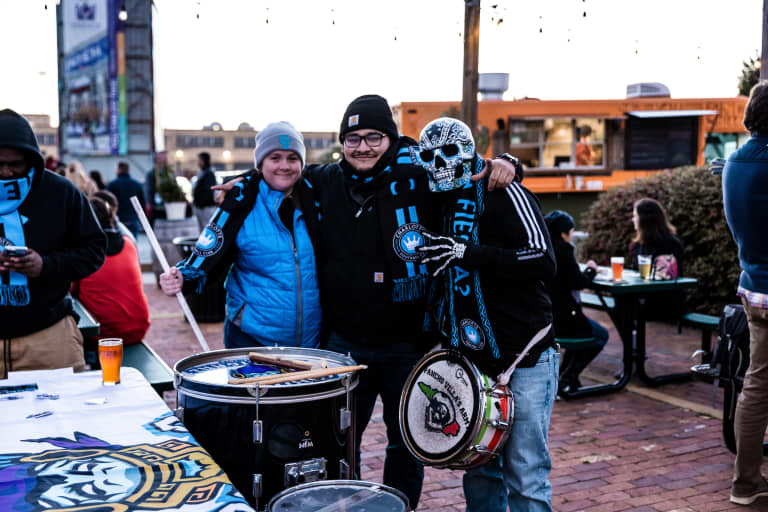
Most importantly though, for many Hispanic Charlotte FC fans, this is an opportunity to create a foundation and culture for not just the present but for future generations. Just how their parents took them to support their local teams in their native countries as kids, they can now continue that same tradition with the next generation of Hispanics in Charlotte and throughout the Carolinas.
“Once we finally had that representation, or ability to be represented, we took it in as, hey, this is something we're building that foundation for, and something that we can pass along to the next generations,” said Carrasco, who is a father himself.
“So, we're pouring all of our passion, all of our energy into building something that can last past us, something that we can pass down to other generations. That’s where the motivation comes from and that's where you really have that sense of pride to say, yes, I'm helping build something for the future.”

